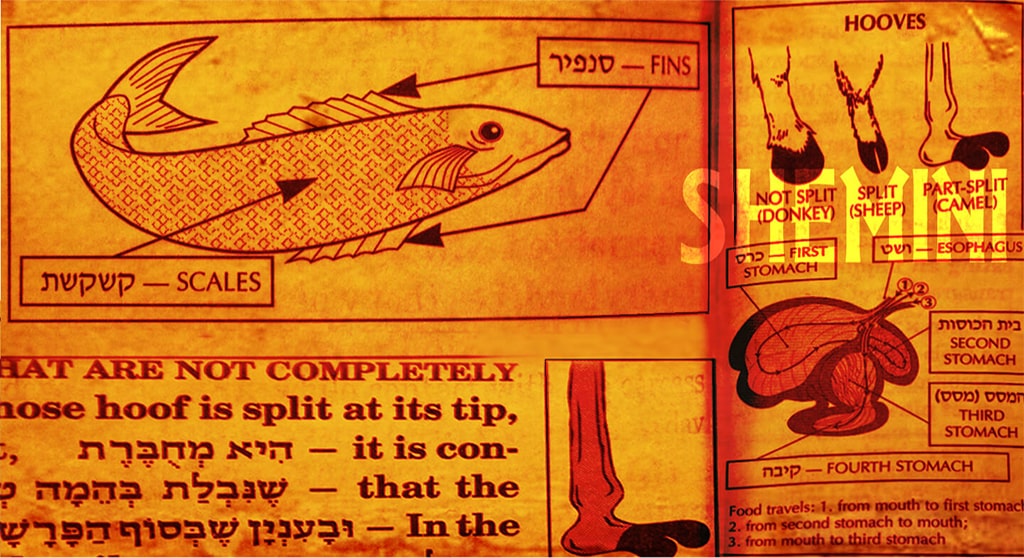Parsha: Shimin (2025)

There is a lot of chatter that goes on in our lives. Some of it is the chatter in our own heads, some of it, is from others. And sometimes it may be from us talking too much.
It is the custom in Jewish communities to learn Pirkei Avot (Ethics of our Fathers) during the period between Pesach and Shavuot.
In the first Chapter of Pirkei Avot it reads: “Rabbi Shimon, says all my days I grew up among the sages and did not find anything better for the body than silence.”
Silence is a gift that may be overlooked. It allows space for peace. Deep concentration can only occur in silence. The deepest moments of reflection are in silence. On Yom Hazikaron next week the Jewish world will have a moment of silence for the victims of terror and for the fallen heroes of our people.
The Parsha this week also touches upon this, when Ahraon the High Priest suffered the losses of his two sons. His reaction was silence. וידם אהרן .
Maimonides categorises speech into 5 groups.
1) Required speech- these are words to connect to G-d, namely when we Pray and when we study Torah.
2) Forbidden Speech- such as false testimony, lies, and curses.
3) Tale bearing – this is speech that is neither productive or said with bad intentions. Its just gossip. Talking about the lives of others freely with details just for the sake of gossip. Passing on information and spreading the word about things that aren’t our business. While this can seem to be innocent chatter, but it can be harmful and insensitive to others.
4) Desirable speech- this is speech that inspires the soul toward higher ideals. This can be done through inspirational ideas, stories and songs. These words keep us mindful, deep and meaningful.
5) Permitted speech- this is speech that is needed for business, obtaining sustenance and food, clothing and shelter. While this is necessary, it should always be done in a dignified way that respects others.
One great time for a break of silence is right away in the morning upon awakening. Pause, and allow the chatter to stop. Then with a heart full of gratitude, say the “Modeh Ani” prayer. Thanking G-d for another day of life.
